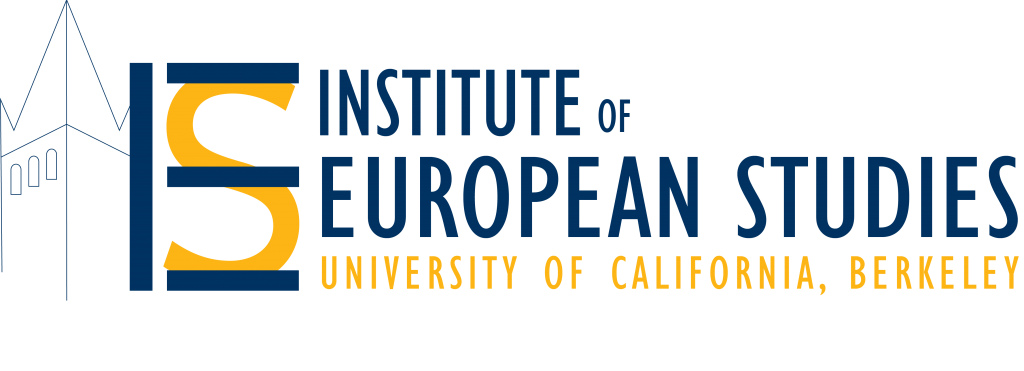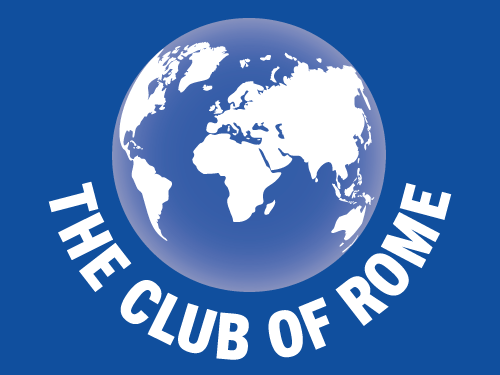Limits and Beyond: A Faculty Workshop
March 16th – 2:30 PM to 4:30 PM Pacific Time, Mills Hall 218, California Northeastern Campus.
The lecture will be complemented by a half-day workshop to discuss some of the difficult issues related to the lecture’s guiding provocation: “How to learn what we already know?” Questions for discussion include:
• What is the role of higher education today in extending the processes of knowledge creation and learning beyond traditional disciplines?
• How can art, wisdom and science be woven together to facilitate collective transformation?
• What are the roots of what Carlos Alvarez Pereira calls, adapting the title of a famed 1960 essay in mathematics, the “unreasonable effectiveness of Modernity”? How does this recuperative ability place limitations on the creation of alternative pathways for equitable wellbeing on a healthy planet?
• How do societal meanings shift? Are relational worldviews and cultures (re-)emerging?
The workshop will start with an introduction to these questions in the context of The Fifth Element, the flagship program of the Emerging New Civilization(s) Initiative (ENCI) of the Club of Rome. It will be followed by contributions from other roundtable participants drawn from the humanities and sciences, followed by time for deliberation among the attendants in small groups. The workshop will conclude with a final session to share elements of discussion and findings, and to propose further learning.
Carlos Alvarez Pereira
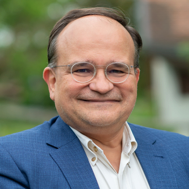
Carlos Alvarez Pereira is Vice President of The Club of Rome. Having been a researcher in systems dynamics and an entrepreneur in the digital sector, he promotes the mindset shift towards equitable wellbeing within a healthy biosphere. With a background in Aerospace Engineering, he has been a lecturer and researcher in Applied Mathematics at the Polytechnic University of Madrid (UPM), and the founder of a non-profit research organization specialized in complex systems and AI. Carlos now advises the UNESCO Chair of Global Understanding for Sustainability at the University of Jena, the International Bateson Institute and the Montpellier Insititute of Advanced Studies on Transitions (MAK´IT). He is also a lecturer on Circular Economy at EPFL (Switzerland).
Timothy Scott Brown
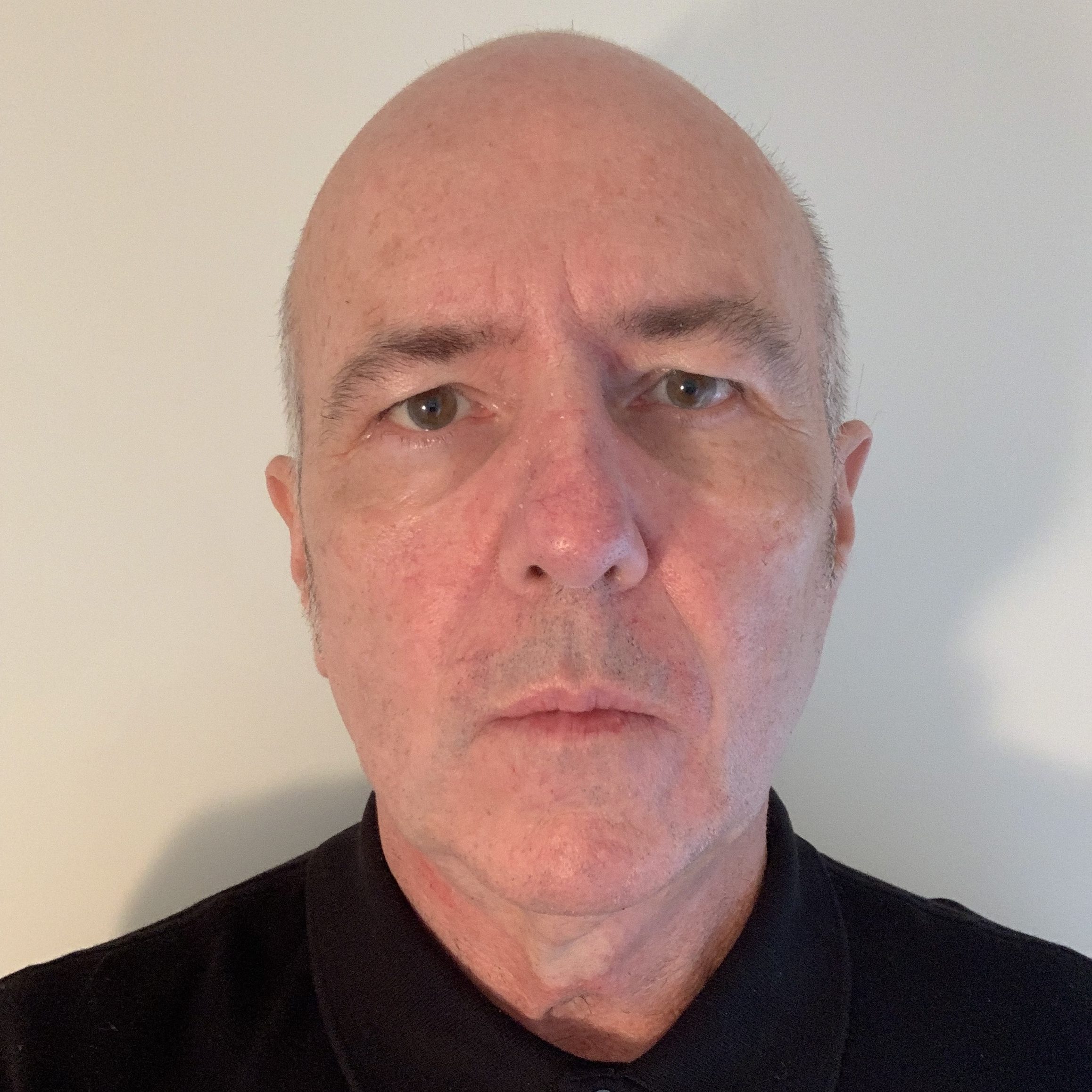
Timothy Scott Brown is Professor and Chair of History at Northeastern University, Director of Environmental Humanities in the Northeastern Humanities Center, and Senior Fellow at the Institute for European Studies at the University of California, Berkeley. He is a 2018-19 Writing Fellow of the Rachel Carson Center in Munich, Germany, a 2016-17 Berlin Prize Fellow of the American Academy in Berlin, and a 2016-17 Fellow of the American Council of Learned Societies. His publications include Sixties Europe (Cambridge, 2021), West Germany and the Global Sixties (Cambridge, 2013), and Weimar Radicals (Berghahn, 2009). He is co-editor of The Global Sixties in Sound and Vision (Palgrave, 2014), and Between the Avantgarde and the Everyday (Berghahn, 2011). His current book project, under contract with Cambridge University Press, is The Greening of Cold War Germany: Environmentalism and Social Movements across the Wall and Beyond, 1968-1989.
Christie Chung
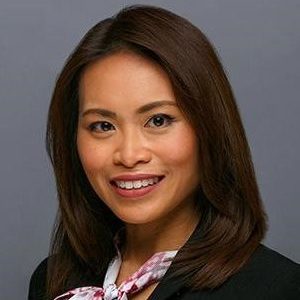
Christie Chung, Associate Dean for Research, Scholarship, and Partnerships, Mills College at Northeastern University Dr. Christie Chung is the associate dean for research, scholarship, and partnerships at Mills College at Northeastern University. She leads research and experiential learning relationships, develops and manages external research grants and funding opportunities, and cultivates new partnerships. Chung also serves as the special advisor on diversity, equity, and inclusion to the senior vice president for global network and strategic initiatives.
Jay Gupta
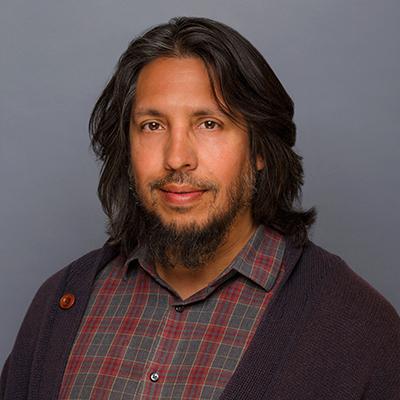
Jay A. Gupta is Professor of Philosophy and the Lorry I. Lokey Endowed Chair in Ethics at Mills College at Northeastern University. He has a background in nineteenth-century philosophy, particularly Hegel, and writes on a variety of topics pertaining to ethical and political life.
Judith Bishop
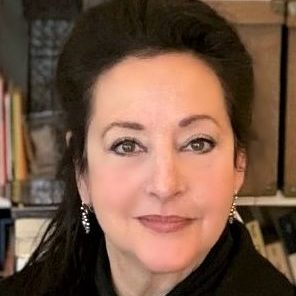
Dr. Judith L Bishop is the Program Director of Global Religions and holds the Alice Andrews Quigley Chair of Women’s and Gender Studies, Mills College at Northeastern University. Her research and teaching interests include feminist environmentalism and the intersections of Global Religions and Sustainability Studies.
Sarah Swope
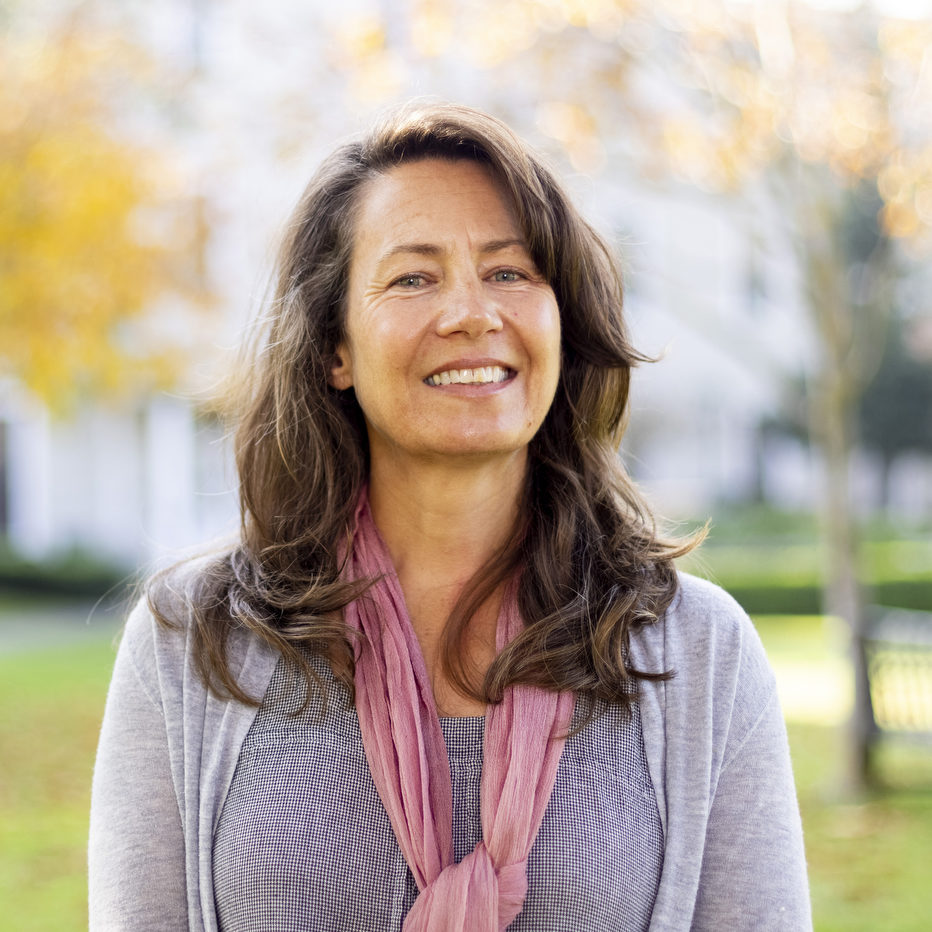
As a plant ecologist and conservation biologist, Dr. Swope is interested in understanding how rare and endangered plants persist despite the enormous challenges they face, especially in an era of rapid climate change. In addition to basic research, Dr. Swope works on policy issues (with the US Fish and Wildlife Service) and she collaborates on work in the Ecuadorian Amazon where the rights and cultural survival of indigenous people are considered key to protecting this ecosystem – the “lungs of the world”. This model of conservation, in which social justice and environmental conservation are one and the same, is in stark contrast to the fortress model of conservation practiced in the US.
Roger Sparks
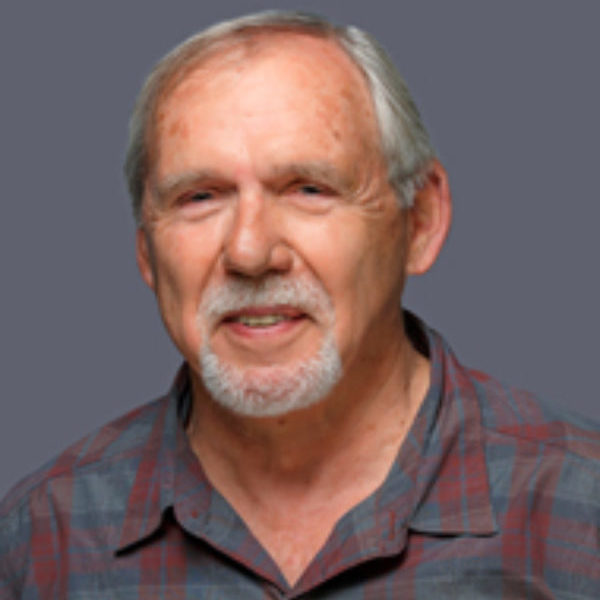
Roger Sparks is a Professor of Economics at Mills College: College of Social Sciences and Humanities. He earned his PhD in Economics from the University of California, Davis and has been at Mills since 1989. He has more than 20 research papers in economics journals, has refereed many paper submissions to economics journals, and currently serves on the Board of Directors of the Kemper Human Rights Education Foundation. His research applies game theory and the economics of information to a variety of topics, including the theory of unemployment, efficiency wages, employee stock offerings, cyclical changes in labor productivity, the determination of mortgage rates, mortgage securitization, environmental policy, utility regulation, psychiatric decision-making, the energy paradox, and the price impacts of low-carbon fuel standards.
Ajuan Mance
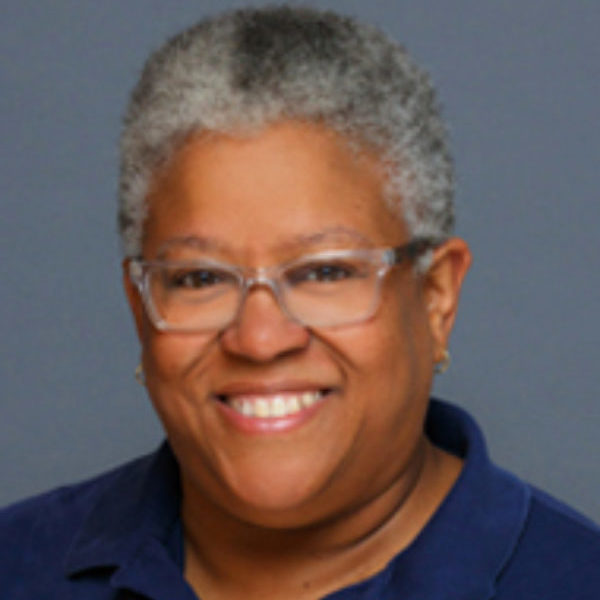
TBD
Neha Dave
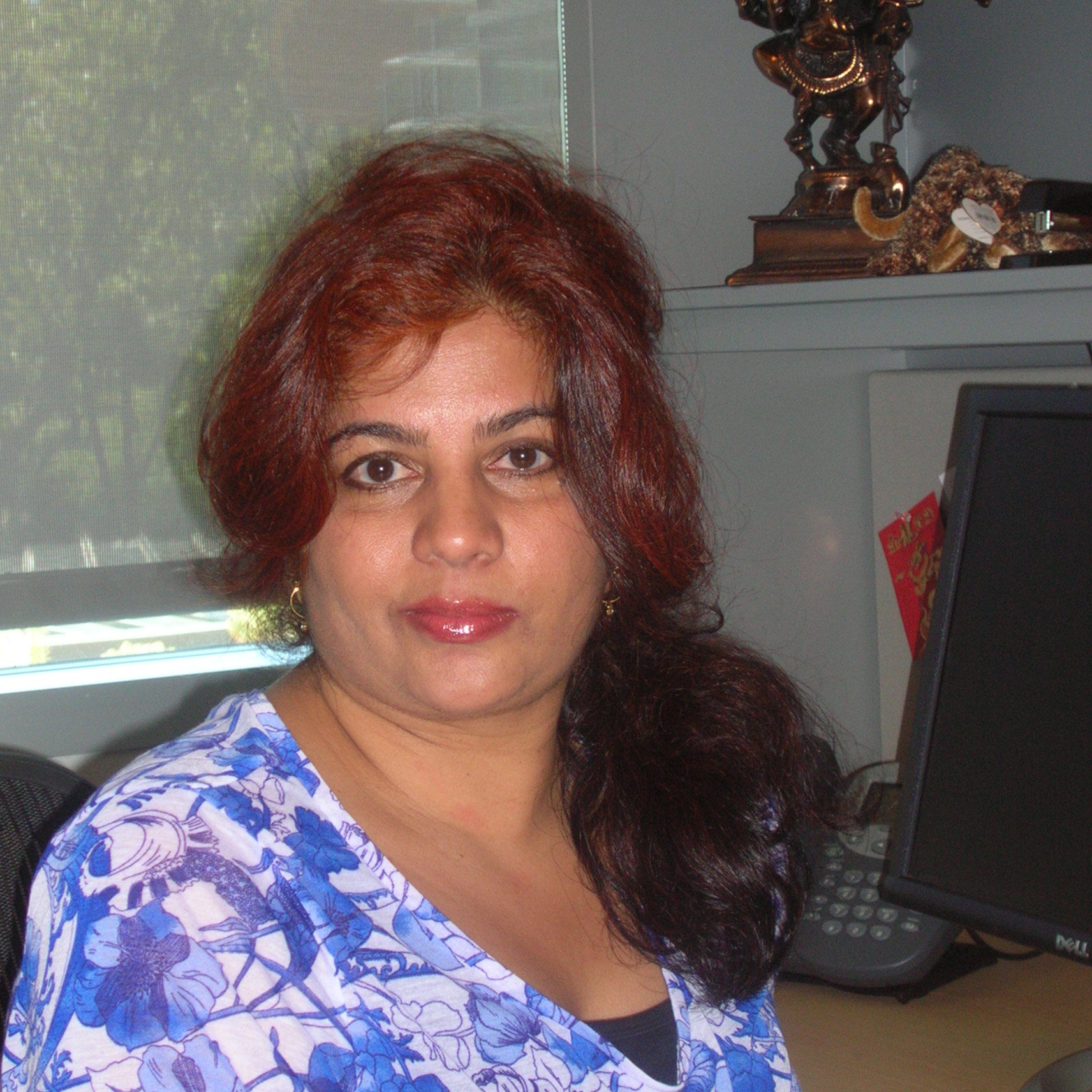
Dr. Neha Dave has been in the Economics department at Mills College campus for 14 years, and has taught a range of courses including: International Trade, International Finance, Development economics, Globalization & International affairs, Environmental Sustainability, Environmental Justice, Micro & Macro economics, Calculus, Money & Financial Institutions, Global markets & Local Cultures, Women & The Economy; and senior thesis courses in public policy, economics, and environmental studies. Dr. Dave’s courses, explore key concepts through the lens of gender equity & social issues that permeate our society on local, national, and international levels.
Patricia St. Onge

TBD
Other Co-Sponsors of this event and lecture include:
